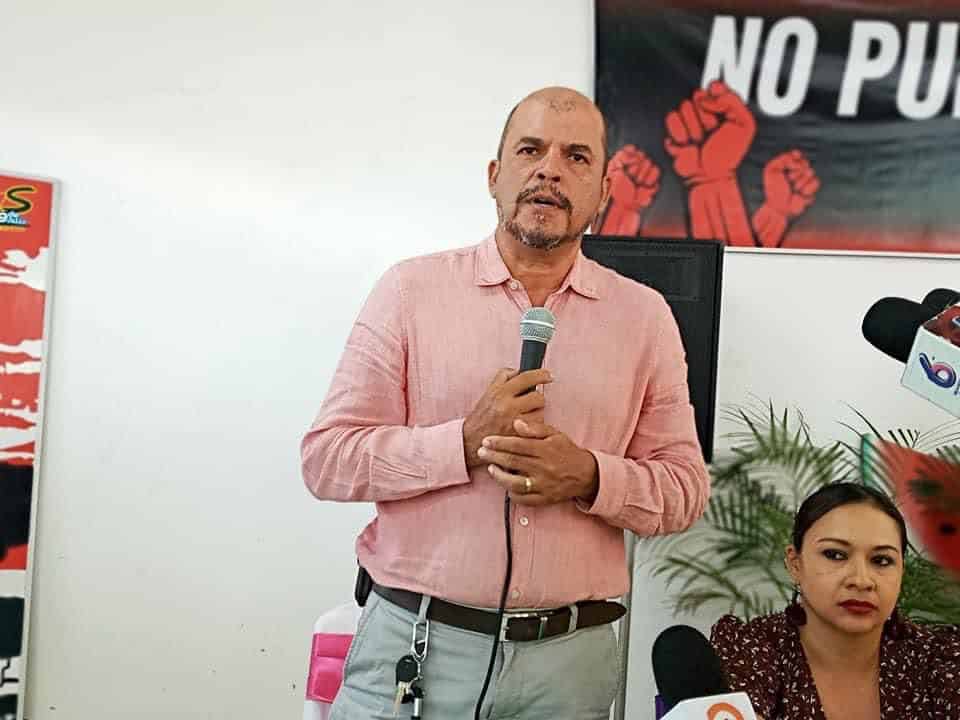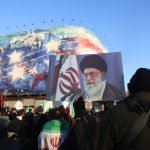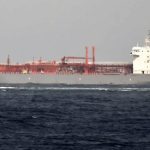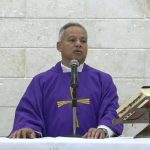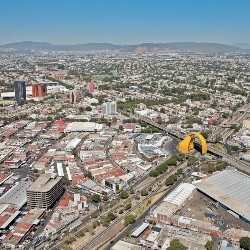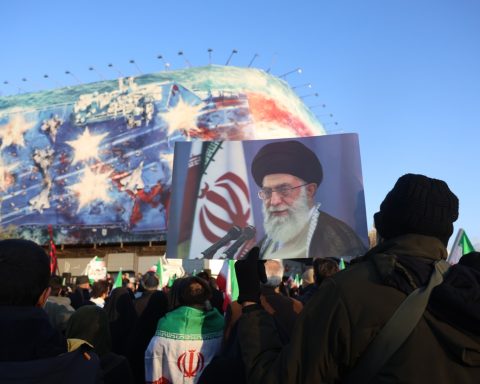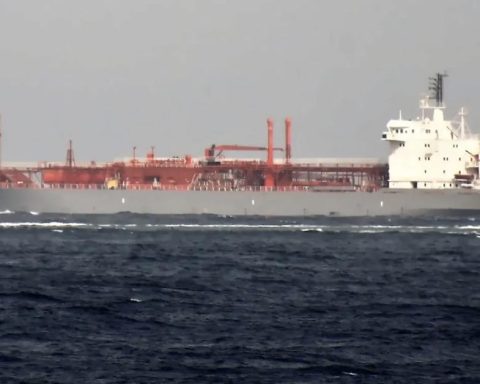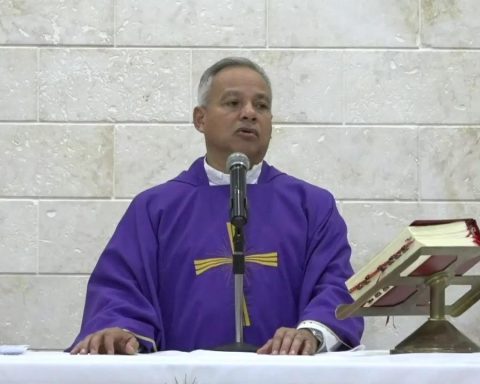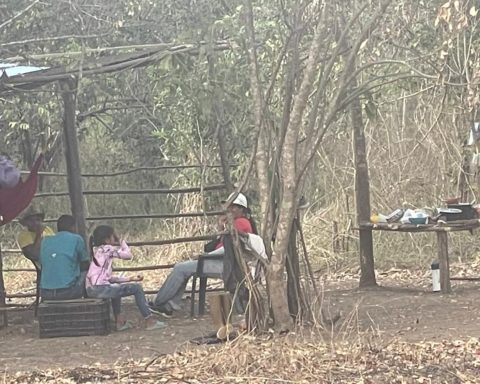The vice president and first lady, Rosario Murilló, insinuated that the Sandinista mayor of Diriamba, Fernando Antonio Baltodano Velásquez, committed suicide last Monday, since he was suffering from an alleged “depression”, which led him to make “a tragic and painful decision”. . The National Police has not yet issued a report on the event.
Baltodano was found, on Monday afternoon, with a bullet wound to the head and inside his truck, parked in a vacant lot on the road between Diriamba and the La Boquita resort.
A photograph of the mayor’s body has circulated on social networks and on the WhatsApp messaging application, in which he appears sitting in front of the wheel of his vehicle and holding a pistol with both hands, which which contradicts the version of a possible suicide. The image has unleashed a wave of speculation among the residents of Diriamba, who believe that Baltodano was murdered.
According to Murillo, Baltodano, 54, “had been suffering from ailments. We all know how difficult it is to deal with low spirits, with depression. That depression (led him) to make that fatal decision.”
“We are sending a big hug to the family of our fellow mayor Fernando Baltodano, who yesterday (Monday) made a tragic and painful decision for all of them and also for the families of Diriamba who have counted on his work all these years,” Murillo said. .
Police Silence
Until now, the Nicaraguan Police, whose supreme chief is Daniel Ortega, has not reported the death of the Sandinista mayor, who had governed that Pacific city of Nicaragua for 13 non-consecutive years.
The death of Baltodano, who first governed Diriamba from 2005 to 2009 and later from 2013 until his death, occurred less than three months before the municipal elections in Nicaragua, and the candidates for mayor of each city are still unknown.
According to the newspaper La Prensa, the Diriamba mayor’s office was intervened last week by the Nicaraguan Institute for Municipal Development (Inifom), due to an alleged “problem with some checks.”
Baltodano was pointed out by the Nicaraguan opposition as one of the executors of the so-called “Cleaning Operation” in the department of Carazo, a government strategy that, according to organizations such as the Inter-American Commission on Human Rights (IACHR) or the office of the High Commissioner of the United Nations for Human Rights (Acnudh), left hundreds of people imprisoned, dead or injured during the protests that broke out against Ortega in April 2018.
He was also accused of coordinating an attack by Ortega mobs against Cardinal Leopoldo Brenes; the auxiliary bishop of Managua, Monsignor Silvio Báez; and the apostolic nuncio in Nicaragua, Monsignor Waldemar Stanislaw Sommertag, when they arrived at the Minor Basilica of San Sebastián, in Diriamba, to free a group of young people who were taking refuge in the temple and surrounded by paramilitaries.
